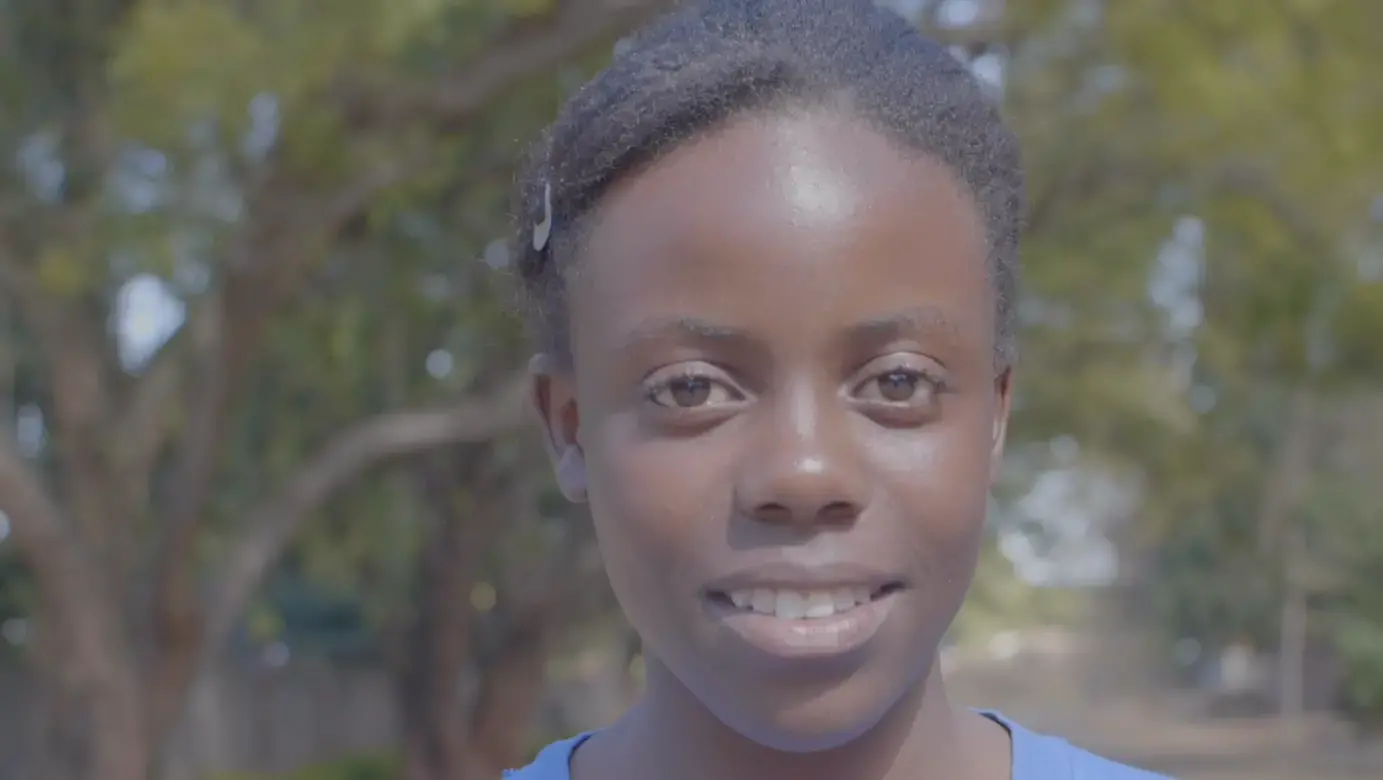Maternal Health
In this booklet we feature a collection of stories of how far we have come on the ICPD agenda and since 1981 when we began working in Zimbabwe. As the articles show some progress has been made in the realisation of Sexual Reproductive Health and Rights but there is still a lot more that still needs to be done to ensure universal coverage. On Family Planning, for example you will hear accounts of how far we have come from the days when women used to jump shrubs or tie knots around their waists as a means of family planning to today where we have modern and more effective means of contraceptive.
We have accounts of women who have spent so many years in isolation with no dignity because of the lack of obstetric fistula repair surgery yet so resilient and strong in the face of such suffering and humiliation. We have accounts of young girls and women who have been given a new lease in life and who have big dreams in their lives thanks to mentorship from the Sista2Sista programme. We have accounts of how access to services has made a difference to survivors of GBV’s lives, enabling them to find justice and move on from the trauma of their various experiences.
By all accounts, it is encouraging how far we have come in ensuring universal coverage to Sexual Reproductive Health and Rights.


